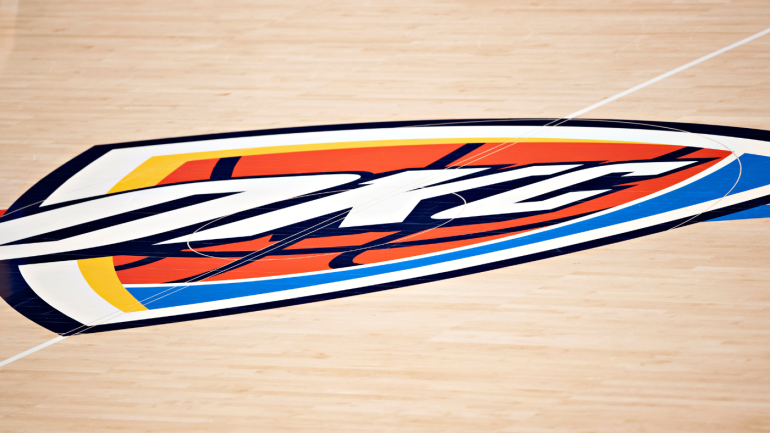
On Tuesday afternoon, Oklahoma City mayor David Holt announced that the city, pending voter approval on December 12, will be building a new $900 million arena that comes with a commitment from the Thunder to remain in town through 2050.
The Thunder's current home, the Paycom Center, is the NBA's smallest arena in terms of square footage, has the second-smallest capital investment of all NBA arenas, and is one of the league's oldest venues, according to Forbes.
This is great news for Oklahoma City, where the Thunder -- not to mention all the other revenue-generating uses of the arena -- have become so vital to the economy. We have unfortunately seen owners pull the plug on small-market sports franchises and relocate when cities fail to fund new digs. Go ask Oakland how that feels. The Raiders and Warriors are gone. The A's are likely next.
Seattle, which ironically lost the NBA's SuperSonics to Oklahoma City in 2008, and Las Vegas are looming threats as NBA cities, and OKC getting this deal done means it doesn't have to worry the Thunder heading elsewhere.
The best part? The construction of the arena will not come with the dreaded tax-rate increase for residents. Rather, a one-cent sales tax that is currently in place will extend for another 72 months, raising a projected $1.1 billion. Another $70 million has reportedly already been earmarked in the budget for Oklahoma City's arena. Finally, the Thunder's ownership group led by Clay Bennett will contribute $50 million to the project.
"For fifteen years the Thunder has been honored to help lead the transformation of Oklahoma City and enhance the tremendous pride our citizens have in their community," Bennett said in a statement. "We now have an opportunity to build on that progress, advance our status as a true big-league City, continue to grow our economy and secure the long-term future of the Thunder. We look forward to continuing our partnership with Mayor Holt, members of the City Council, and the forward-thinking business and civic leaders in our community. Together we can develop an arena to serve as a crowning achievement in the ongoing renaissance of Oklahoma City."
It's a nice gesture for the Thunder owners to pitch in some of their own money, but before you go hailing them as saints, bear in mind that the franchise was bought in 2006 for $350 million, and today it is valued at a shade under $1.9 billion.
Oklahoma City tax rates aren't increasing, technically, but an increase in sales tax that was supposed to run out is now being extended. This is still a minor cost to residents, all things considered, and it will be shared by visitors to the area, but it's still largely publicly funded. We have seen examples of new arenas being funded entirely privately.
The Los Angeles Rams' stadium (SoFi Stadium), for instance, was completely funded by Rams owner Stan Kroenke. The Golden State Warriors' new home in San Francisco, Chase Center, was fully privately funded.
Nonetheless, this is good news for Oklahoma City and its residents. The Thunder mean so much to that city and community, in ways more than just economic, and now, if the voters agree in December, they will have them as their home team at least through 2050.
![[object Object] Logo](https://sportshub.cbsistatic.com/i/2020/04/22/e9ceb731-8b3f-4c60-98fe-090ab66a2997/screen-shot-2020-04-22-at-11-04-56-am.png)

















